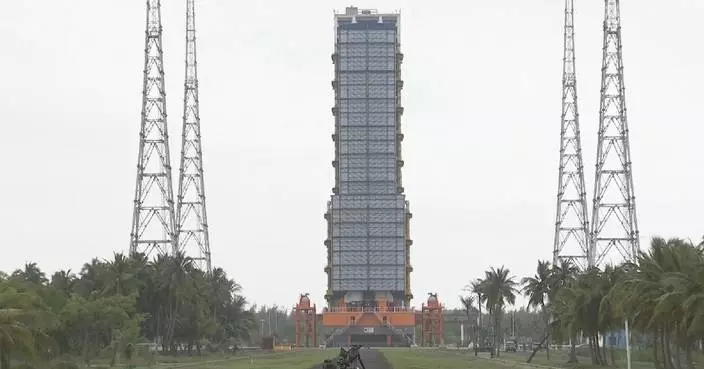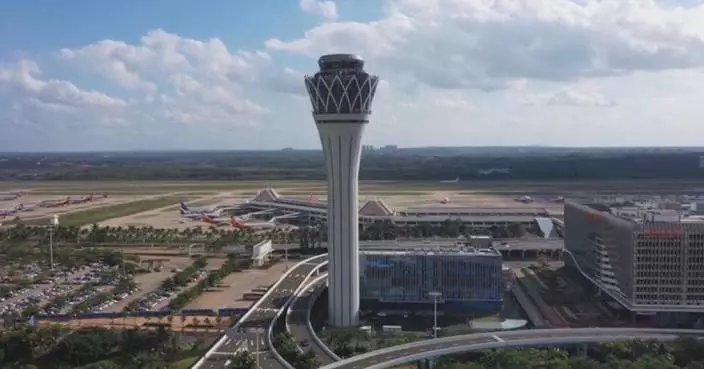Visitors have returned to Syria's historic citadel of Aleppo, as the important monument of Middle East reopened to the public in February after post-earthquake restoration.
Aleppo is the second largest city in Syria, and has historically been an major transportation hub and trade center linking Asia and Europe. The city is orderly organized and architecturally magnificent, with the most notable being the Aleppo Citadel at the heart of the city.
Built in the 13th century and inscribed on the UNESCO World Heritage List in 1986, the Aleppo Citadel was forced to close after the Syrian crisis erupted in 2011, and parts of it were severely damaged during the conflicts. As the situation in Syria stabilized, the site was opened to the public in early 2017.
Following a devastating earthquake that struck Syria and neighboring Türkiye on Feb. 6 last year, the Aleppo Citadel was closed again due to the danger of cracks and fissures that appeared in the structure of the entrance caused by the disaster.
After months of restoration work, Syria's culture ministry announced in February the reopening of the historic citadel of Aleppo to visitors, noting that the first and second phases of the reinforcement and rehabilitation of the southern tower of the citadel's entrance had been completed and the maintenance of the remaining parts of the citadel would begin soon.
For the people of the war-torn country, this historic fortress is not only a testimony to thousands of years of history in the old city, but has always stood as a symbol of their spirit.
"For me, the Citadel of Aleppo represents the steadfastness of the Syrian people. It is a part of the history of Syria, and a guardian of the glory of Aleppo. The stones on which the citadel is built were once happy and then sad, and we share the same feelings and experiences with these stones. They hold the record of our history," said Ibrahim lahdo, a Syrian visitor.

Visitors back to Syria’s Aleppo Citadel after post-earthquake restoration









